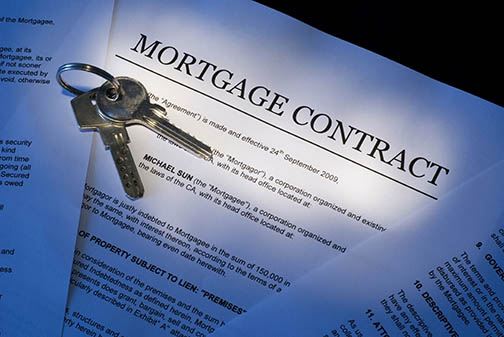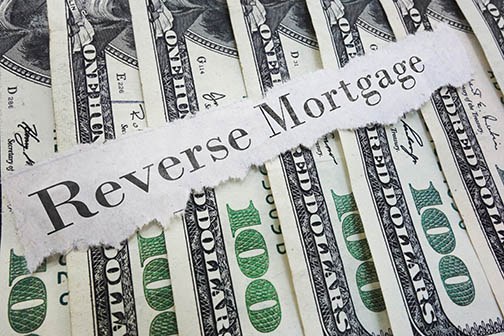Wondering How Much Mortgage You Can Afford? Here’s How to Calculate It
 Many people are aware of the financial commitment that is involved when investing in a home, but what that amounts to is different for every person. From what you can afford to what a lender will allow, there are plenty of details involved in determining the right home for you. If you’re not quite sure what the right price is, here’s how to approach home ownership and determine your debt-to-income.
Many people are aware of the financial commitment that is involved when investing in a home, but what that amounts to is different for every person. From what you can afford to what a lender will allow, there are plenty of details involved in determining the right home for you. If you’re not quite sure what the right price is, here’s how to approach home ownership and determine your debt-to-income.
Calculating Your Debt-To-Income Ratio
You may not know what your DTI ratio is, but it has a lot to with how much home you can afford. In order to calculate this amount, add together all the debts you owe each month and divide them by your monthly pre-tax income. For example, if your credit card is $150 and your rent is $900, your debt amount would be $1050. Divide this amount by your income, say $2500, to get 0.42. This means your DTI ratio is 0.42 or 42%.
What Your DTI Means
While a DTI in the high 20s or low 30s is good, anything that hovers above 43 percent may serve as a red flag to the lender. The lower your DTI ratio is, the more likely it is that a lender will approve your mortgage application since you’ll have the disposable income to deal with financial hurdles. If your dream home has you hovering close to this amount, it may be a sign that it’s a bit out of reach.
How Do You Want To Live?
It’s quite common to be taken over when you find your dream home and decide to commit. However, buying a home is a huge financial commitment, and if you’re buying more than you can afford it may drain your well-being over time. Instead of diving in, determine other expenses that are likely to come up in the next few years, whether it’s travel, a child or a new car. It’s important to have the home you want and budget when buying it, but you’ll still need to financial wiggle room in case something comes up.
There are a lot of factors involved in determining how much house you can afford, but by calculating your DTI ratio and being aware of your spending plans, you’ll be well on your way to an ideal price range. If you’re currently on the market for a home, contact one of our mortgage professionals for more information.

 If you have a good credit history and are prepared to invest in a home, you may be feeling pretty confident about the mortgage process. However, it’s important to be aware that there are things that can have a negative impact on your application. Whether you’ve just submitted your documents or are getting close to it, here are some things you may want to avoid.
If you have a good credit history and are prepared to invest in a home, you may be feeling pretty confident about the mortgage process. However, it’s important to be aware that there are things that can have a negative impact on your application. Whether you’ve just submitted your documents or are getting close to it, here are some things you may want to avoid. There are a variety of mortgage products out there that serve the needs of different homeowners, but for the uninitiated it can be hard to know what will work best for them. If you happen to be close to retirement and are looking at options that will be more financially beneficial for you, here are the details on a reverse mortgage and how this product can work for you.
There are a variety of mortgage products out there that serve the needs of different homeowners, but for the uninitiated it can be hard to know what will work best for them. If you happen to be close to retirement and are looking at options that will be more financially beneficial for you, here are the details on a reverse mortgage and how this product can work for you.